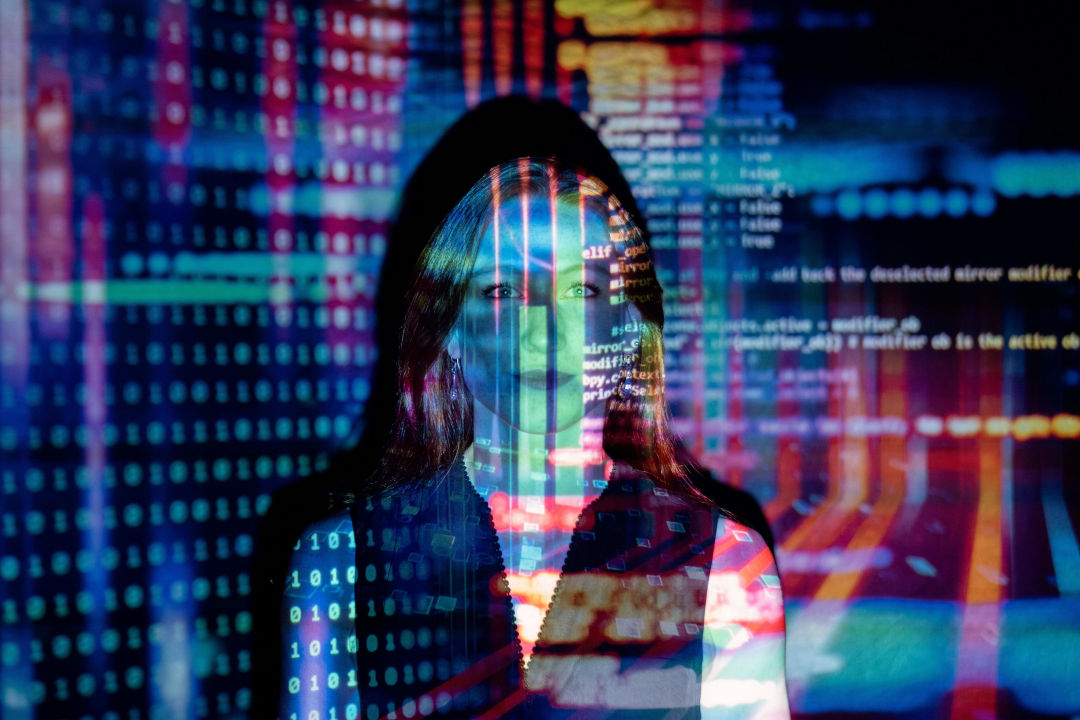The Double-Edged Sword Artificial Intelligence in Modern Society

Image: ThisIsEngineering / Pexels
Artificial intelligence is no longer a futuristic concept confined to science fiction. It is rapidly weaving itself into the fabric of our daily lives, powering everything from the search engines we use and the product recommendations we receive to complex systems managing traffic flow and assisting in medical diagnoses. This technological revolution promises unprecedented progress and efficiency, yet it also raises profound questions about its impact on the economy, society, and the very nature of human experience. As AI continues its exponential growth, understanding its multifaceted influence is becoming increasingly crucial.
AI as an Engine for Economic Growth
One of the most significant impacts of AI is its potential to reshape the global economy. By automating tasks, optimizing processes, and enabling the development of entirely new products and services, AI is poised to unlock trillions of dollars in economic value. Major consulting firms like McKinsey estimate that AI software and services alone could generate annual economic value ranging from $15.5 trillion to nearly $23 trillion by 2040. Similarly, PwC projects that AI could contribute up to $15.7 trillion to the global economy by 2030 (source), driven by both productivity gains and increased consumer demand spurred by personalized products and services. This economic transformation is not evenly distributed, however. Innovation hubs are emerging as critical centers for AI development, attracting significant investment and talent. Cities identified as leaders in AI innovation, such as those highlighted in recent analyses, are becoming magnets for startups and established tech giants alike, concentrating economic benefits geographically. These hubs foster ecosystems where research, development, and commercialization of AI technologies thrive, further accelerating the pace of change.
Transforming Industries and Daily Life
The influence of AI extends far beyond economic metrics, fundamentally altering various industries and aspects of everyday existence. In healthcare, AI aids in disease diagnosis, drug discovery, and personalized treatment plans. Transportation is being revolutionized by the development of autonomous vehicles and sophisticated traffic management systems, promising safer and more efficient travel. Retail utilizes AI for personalized shopping experiences and inventory management, while finance employs it for fraud detection and algorithmic trading. Numerous examples showcase AI's integration into our routines, from virtual assistants like Siri and Alexa to the algorithms curating our social media feeds and entertainment choices. Even personal relationships are not immune to AI's reach, with some technologists predicting the rise of AI companions, potentially becoming a significant market. One tech CEO, for instance, has forecast that AI girlfriends could evolve into a billion-dollar business, highlighting how AI is venturing into deeply personal and previously unexplored territories of human interaction. These applications demonstrate AI's versatility but also underscore the need to consider the social implications of integrating intelligent machines into intimate aspects of life.
Navigating the Societal Shifts
Alongside the immense potential, the rise of AI brings significant challenges and ethical considerations that society must navigate carefully. Concerns about job displacement due to automation are widespread, although the extent and nature of this impact remain debated. Research suggests AI might augment certain jobs while automating tasks within others, potentially boosting productivity for some workers but requiring workforce adaptation and retraining. Algorithmic bias is another critical issue, as AI systems trained on biased data can perpetuate and even amplify existing societal inequalities in areas like hiring, loan applications, and law enforcement. Ensuring fairness, transparency, and accountability in AI systems is paramount. Furthermore, the increasing capability of AI raises questions about privacy, security, and the very definition of human intelligence and responsibility. As AI systems become more autonomous, establishing clear lines of accountability becomes essential. Organizations like the OECD AI Policy Observatory are working to establish principles and guidelines for the responsible development and deployment of AI, emphasizing human-centered values, fairness, transparency, security, and accountability. Addressing these ethical dimensions requires ongoing dialogue and collaboration between developers, policymakers, businesses, and the public to ensure AI develops in a way that benefits humanity as a whole.
In conclusion, artificial intelligence stands as a transformative force with the power to dramatically reshape our world. Its potential to drive economic growth, enhance productivity, and solve complex problems is undeniable. Yet, this potential comes hand-in-hand with significant societal and ethical challenges that demand careful consideration and proactive governance. Successfully harnessing the benefits of AI while mitigating its risks will require a concerted effort to foster innovation responsibly, promote equitable distribution of benefits, and ensure that this powerful technology aligns with human values and serves the common good. The path forward involves continuous learning, adaptation, and a commitment to shaping an AI-powered future that is both prosperous and just.